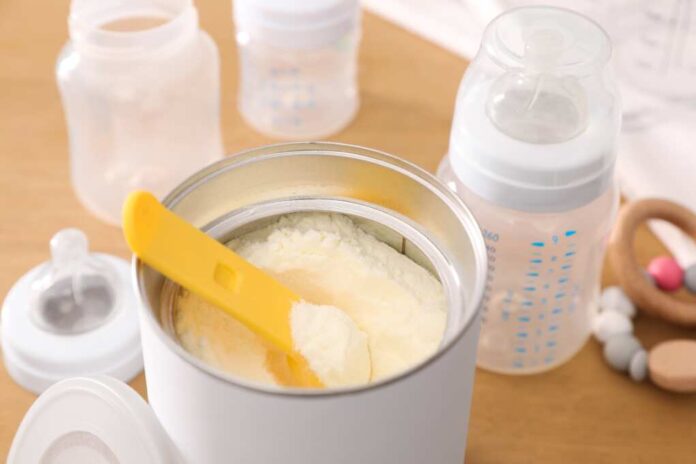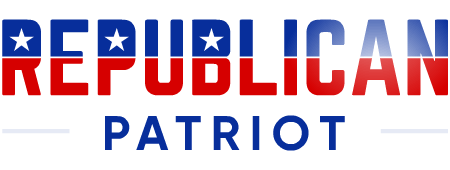
The U.S. government has launched its first in-depth review of infant formula nutrition in nearly 30 years, aiming to enhance transparency and safety while reassuring parents that existing products remain secure and science-based.
At a Glance
- The FDA and HHS launched “Operation Stork Speed” to review and potentially update infant formula standards.
- Over 20,000 formula samples were tested for contaminants including lead, BPA, and PFAS.
- Nutritional standards may be modestly updated, with no major changes expected.
- Experts urge parents not to panic: FDA-approved formulas remain safe and heavily regulated.
- Homemade formulas are strongly discouraged due to serious health risks like hypocalcemia.
New Scrutiny, Same Safety
“Operation Stork Speed,” a joint effort between the FDA and the U.S. Department of Health and Human Services, is conducting the most comprehensive review of infant formula nutrients in a generation. According to HHS Secretary Robert F. Kennedy Jr., the initiative is about “radical transparency,” putting science “front and center” in ensuring every child gets a healthy nutritional start.
The initiative comes amid a wave of consumer concern, but experts emphasize that current formulas remain safe and trustworthy. Bridget Young, an infant nutrition specialist, cautioned parents not to overreact: “They are safe; you do not need to worry about the safety of our current products.”
Watch a report: FDA reviews infant formula.
Slight Changes Ahead—Not a Formula Overhaul
Dr. Mark Corkins, a pediatric gastroenterologist, reassured parents that while tweaks may be made to vitamin levels—such as vitamin D or iron—a sweeping overhaul isn’t on the table. “I don’t think there’s going to be any huge, earth-shaking changes that come out of this,” he said.
That said, testing has become more rigorous. Recent sample batches from major brands were examined for contaminants like lead, arsenic, BPA, and so-called “forever chemicals” (PFAS). The American Academy of Pediatrics supports these efforts, pushing for formulas to be not only nutritious and safe but also affordable.
The Real Danger: Homemade Formulas
One clear warning from every expert involved: don’t go DIY. Homemade formulas, while sometimes touted in parenting forums, pose real and immediate risks to infant health. Conditions like hypocalcemia (dangerously low calcium levels) can develop quickly, potentially leading to seizures or death.
Instead, parents are encouraged to make informed choices by speaking with pediatricians, reading labels carefully, and following any updates from the FDA’s forthcoming June panel—where final recommendations will be made public.
For parents navigating the maze of infant formula options, the message is clear: stick with science, trust regulated products, and stay informed as “Operation Stork Speed” continues to deliver clarity and confidence.




















